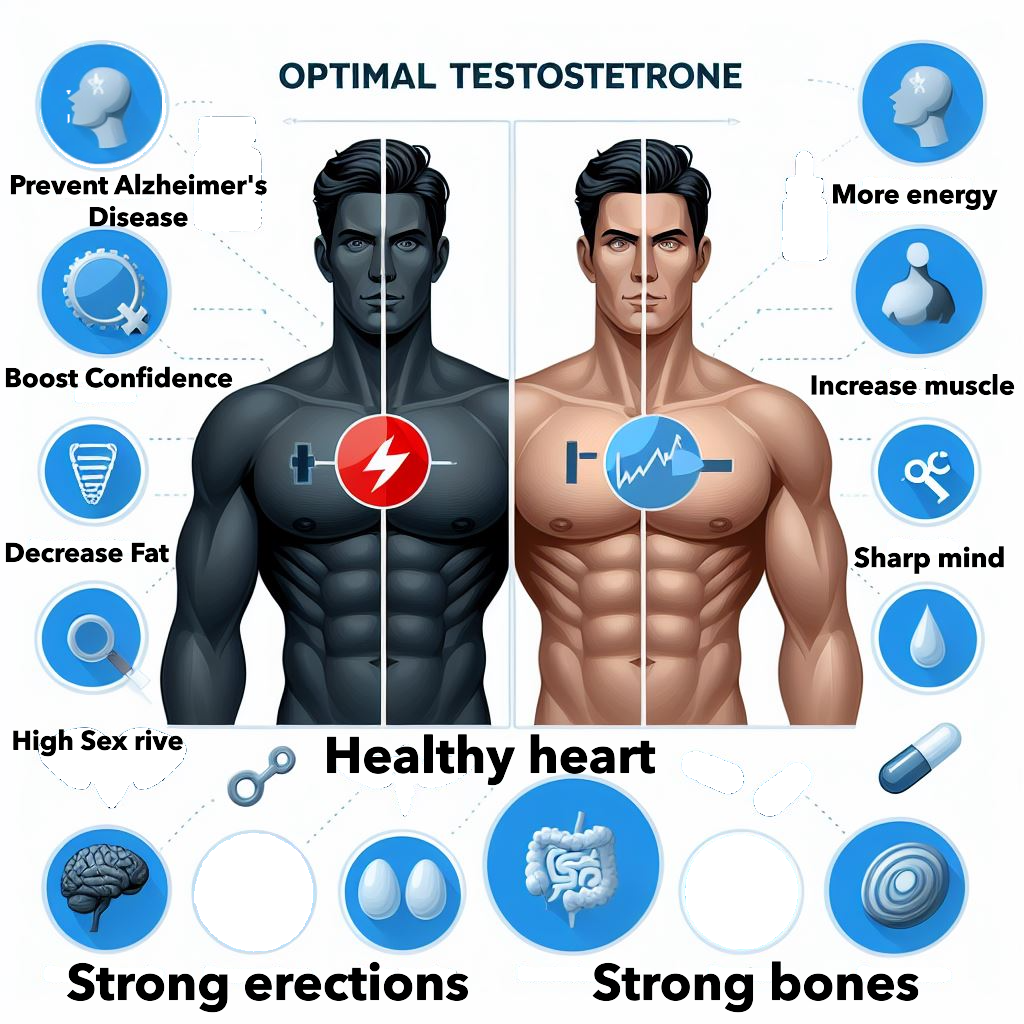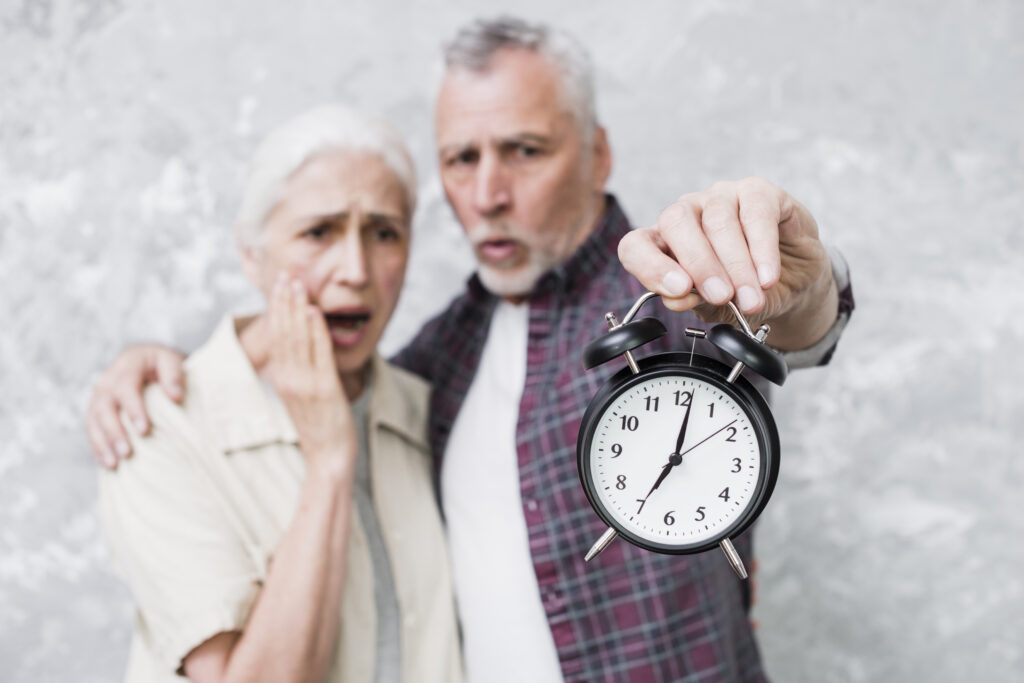Andropause Treatment: Understanding the Male Menopause

As men age, they often experience various changes in their bodies and overall well-being. One significant change, for instance, is a gradual decrease in hormone levels, particularly testosterone. Consequently, this condition, known as andropause, can lead to a variety of symptoms that affect a man’s physical, sexual, and psychological health. Therefore, understanding andropause is crucial for managing its impact and seeking appropriate treatment.
What is Andropause?
The term “andropause” is derived from the Greek words “andras,” meaning human male, and “pause,” meaning cessation. Thus, andropause refers to a syndrome associated with a decrease in sexual satisfaction or a general decline in well-being, caused by low levels of testosterone in older men.
The Decline of Testosterone
According to World-Link Medical, men experience a gradual decline in hormone levels, especially testosterone, as they age. Specifically, this decrease typically starts around the age of 30, with testosterone levels declining about one to two percent per year. Moreover, the decline is more pronounced in free (bio-available) testosterone levels. This pronounced decline occurs because of an increase in sex hormone-binding globulin (SHBG), a protein that binds to free testosterone, rendering it inactive and unavailable to the body’s cells.
Symptoms of Andropause
Andropause can manifest in various ways, affecting different aspects of a man’s health. These symptoms are:
Physical Symptoms:
- Fatigue
- Decreased vigor and diminished strength
- Reduced muscle mass
- Reduction in lean muscle mass
- Decrease in bone mineral density
Sexual Symptoms:
- Diminished libido
- Reduced sexual activity
- Decreased quality of erections
- Weakness in ejaculation
- Limited quality of orgasm
Psychological Symptoms:
- Mood changes
- Impaired concentration
- Diminished motivation
- Reduced memory
- Decline in libido
- Depression
Why is Andropause Often Under-diagnosed and Untreated?
Andropause is frequently under-diagnosed and untreated for several reasons. The symptoms can be subtle and gradual, often mistaken for normal aging. Additionally, men may also be reluctant to discuss these symptoms with their healthcare providers due to stigma or lack of awareness about andropause.
Andropause Treatment:
Bioidentical Hormone Replacement Therapy (BHRT) effectively manages andropause symptoms. First, healthcare providers assess a patient’s hormonal status through medical history, symptoms, and lab work. Then, based on this assessment, they prescribe a tailored hormone replacement protocol. Finally, they continuously monitor and adjust the therapy based on clinical evaluations and laboratory results to ensure optimal outcomes.
Conclusion
To seek proper treatment and maintain quality of life, you must understand andropause and its impact on men’s health. If you experience symptoms associated with andropause, consult a healthcare provider to explore the potential benefits of BHRT and other treatment options. Addressing hormonal imbalances improves overall well-being, allowing men to lead active, fulfilling lives.

